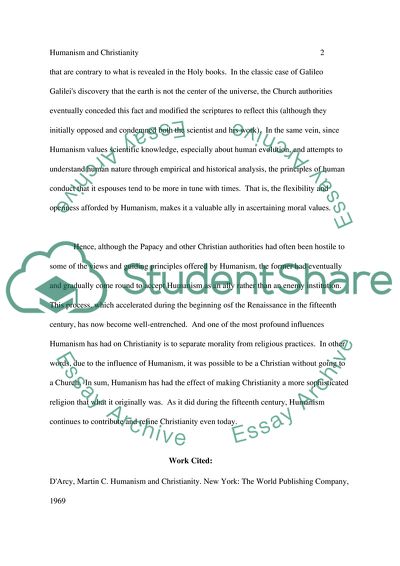Humanism and Christian beliefs in the fifteenth century Essay. Retrieved from https://studentshare.org/miscellaneous/1572661-humanism-and-christian-beliefs-in-the-fifteenth-century
Humanism and Christian Beliefs in the Fifteenth Century Essay. https://studentshare.org/miscellaneous/1572661-humanism-and-christian-beliefs-in-the-fifteenth-century.


